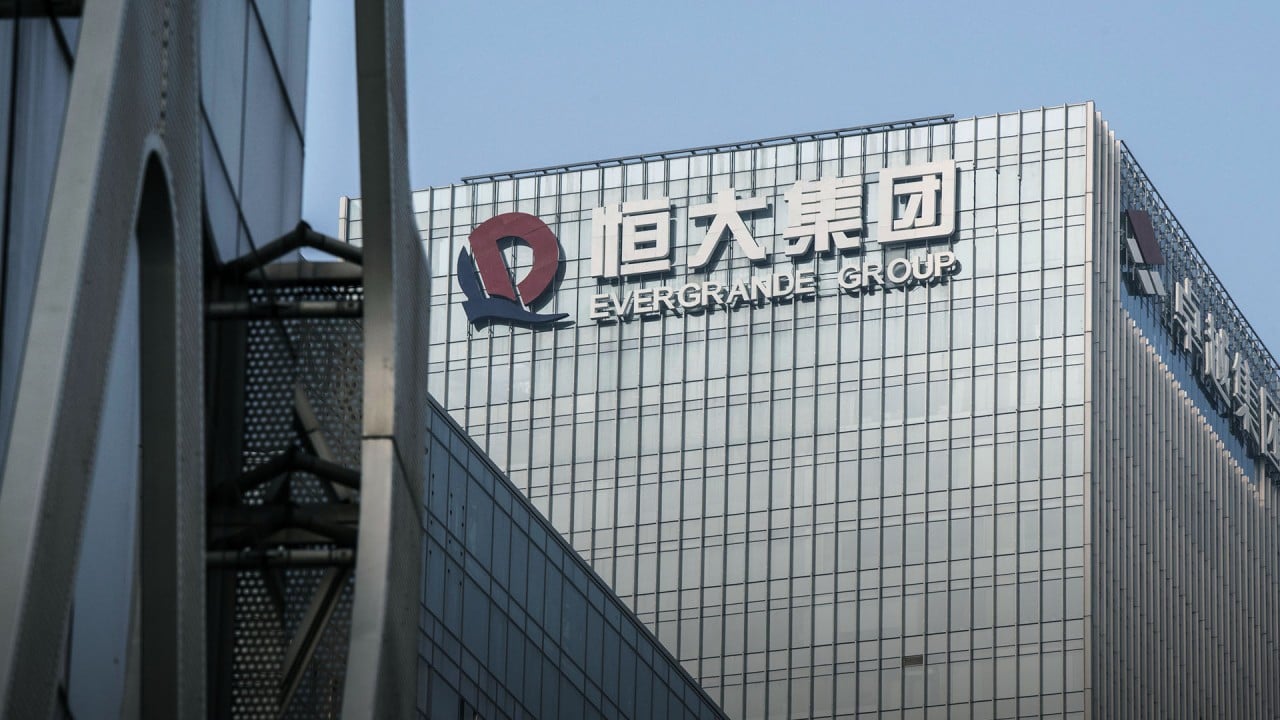
China Orient issues US$1.6 billion bond as it heeds Beijing’s call to acquire soured assets of distressed property developers
- China Orient Asset Management three-year onshore bond will carry a coupon of 2.5 per cent to 3.5 per cent
- It is the first bond sale by one of China’s five big asset management companies to support the nation’s US$2.8 trillion housing market
China Orient Asset Management, a state-backed bad loan manager, is issuing a 10 billion yuan (US$1.6 billion) bond, answering Beijing’s call to help deal with distressed asset sales in the nation’s property sector.
China Orient will accept subscriptions for its three-year onshore bond, carrying a coupon of 2.5 per cent to 3.5 per cent on Friday, with the proceeds to be used to “help with the disposal of bad assets and resolve financial risks in the property market”, according to a filing to the National Interbank Funding Center.
It is the first bond sale by one of China’s five big asset management companies (AMC) to support the nation’s 18 trillion yuan housing market. With a slew of developers struggling with mounting debt payment this year, they are rushing to sell assets to raise much-needed cash to pay down debt, which has resulted in increasing mergers and acquisitions in the industry.
“It’s positive news for developers and the whole property industry, as it will speed up asset disposals of distressed companies and ease their funding pressure,” said Chen Xiao, senior analyst at Zhuge Zhaofang Research Centre, the research arm of its namesake online property agency.
The debt crisis has since spread to other highly leveraged peers, ranging from smaller players such as Kaisa Group Holdings and Modern Land to healthier names like Sunac China Holdings and more recently Logan Group.
Some Chinese banks including China Merchants Bank, Industrial Bank, Shanghai Pudong Development Bank, Bank of Communications, China Guangfa Bank and Ping An Bank had issued similar bonds earlier to support acquisitions of distressed property projects.
But China Orient’s involvement is seen as a sign of direct state support, as it is expected to buy some projects of the distressed developers or their stakes, analysts said.
“AMCs can act as buyers, search for target projects and get directly involved,” said Yan Yuejin, research director of Shanghai-based E-house China Research and Development Institute.
He added that the role of AMCs was different from banks who raise funds from bond sales to lend to potential acquirers such as other developers.
The increasing support from financial institutions comes as China’s banking and insurance regulator in February stressed the need for AMCs to focus on their core business and utilise their unique function in reining back financial risks. The AMCs also stated their willingness to help tackle the risks in the property sector.
Earlier, in January, financial regulators had summoned AMCs to study ways in which the institutions could participate in market-oriented asset disposals of troubled developers and related M&As.
The AMCs’ involvement will speed up M&As in the industry while ensuring the delivery of housing units to citizens, a key requirement by Beijing to resolve the property sector’s risks, said Zhang Bo, chief analyst at 58 Anjuke Real Estate Research Institute.
“But the scale of [China Orient’s] bond issuance is not big, and it may be part of the AMCs’ process to test the waters. Their focus in the early stage will be to lean towards high-quality projects which will, to some degree, reduce the risks they themselves face.”



